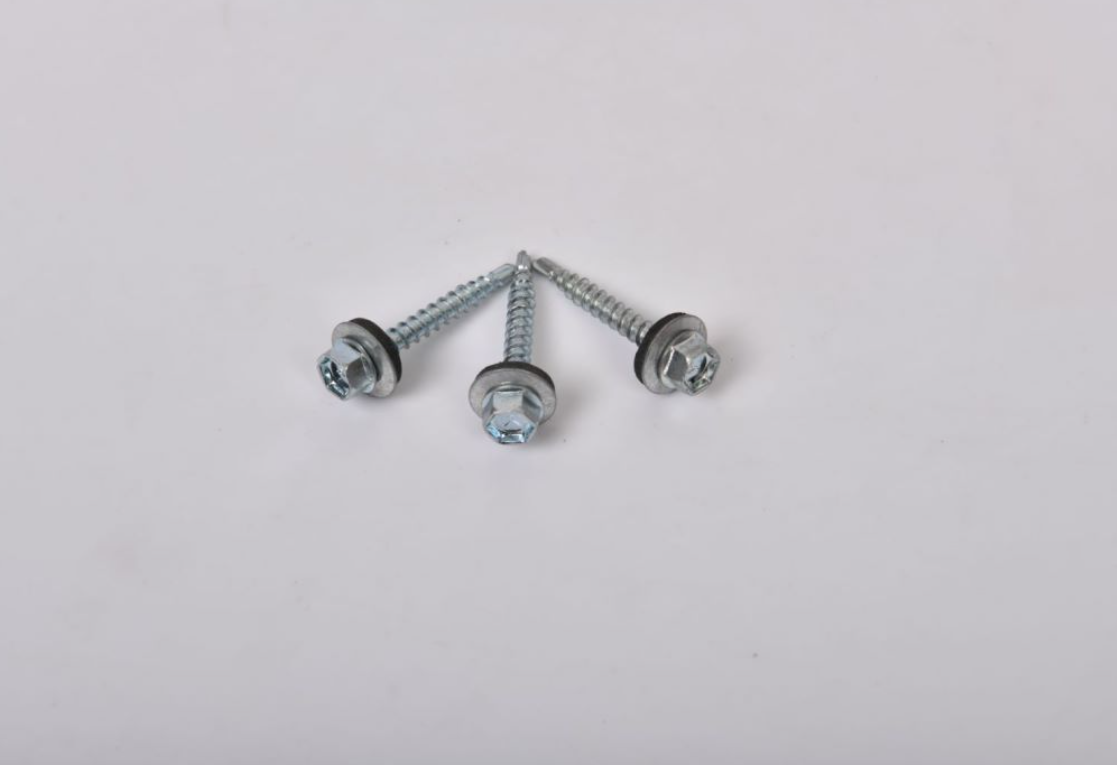Types and Features of Structural Lock Washers for Enhanced Fastening Solutions
Understanding Structural Lock Washer Products
In the world of mechanical engineering and assembly, ensuring the integrity of fastened joints is paramount. One of the key components that contribute to this integrity is the structural lock washer. These washers are designed specifically to prevent loosening under dynamic conditions, such as vibrations and thermal expansion. Through various designs and materials, structural lock washers enhance the reliability of bolted joints across many industries, including automotive, aerospace, and construction.
What is a Structural Lock Washer?
A structural lock washer is a type of fastener used to secure and stabilize bolts and nuts. Its primary function is to absorb vibrations and prevent the fastener from loosening over time. These washers are typically made from steel or stainless steel, providing the necessary strength and corrosion resistance required for their application. The unique design of a lock washer often includes a series of features, such as serrations, which grip the fastener and surface upon which it is installed, creating friction and resistance to rotational movement.
Types of Structural Lock Washers
There are several types of structural lock washers, each catering to different applications and requirements
1. Split Lock Washers This common design features a split in the washer that creates tension when compressed. As the nut is tightened, the split washer deforms slightly, creating a locking action that increases friction and prevents loosening.
2. Tooth Lock Washers These washers have serrated edges or teeth that dig into the bolt head and the surface it contacts. This type of lock washer is particularly effective in high-vibration environments, where additional grip is essential.
3. Belleville Washers Also known as convex washers, these provide a spring-like action. When installed, they exert a constant preload on the joint, helping to maintain clamping force and resist loosening.
structural lock washer products

4. Wave Washers These washers have a wavy shape, allowing them to compress and expand upon tightening. They distribute load evenly and provide a cushioning effect, which is particularly useful in applications where thermal expansion is a concern.
Applications and Benefits
Structural lock washers are utilized in a vast array of applications due to their reliability and performance. In the automotive industry, for instance, they play a critical role in securing components that must withstand constant movement and vibration. In construction, these washers ensure that connections in steel structures remain secure under various environmental conditions.
The benefits of employing structural lock washers are notable
- Enhanced Safety By preventing nuts and bolts from loosening, lock washers protect against catastrophic failures in machinery and infrastructure. - Increased Longevity Their ability to absorb vibrations and shock loads results in a longer lifespan for both the fasteners and the connected components.
- Cost-Effectiveness By reducing maintenance costs associated with re-tightening fasteners, structural lock washers can lead to significant savings over time.
Conclusion
Structural lock washers are a critical element in the design and construction of secure mechanical joints. Their various designs ensure adaptability across a wide range of applications, providing solutions to common problems such as loosening due to vibrations and thermal changes. As industries continue to evolve and demand higher standards of safety and reliability, the role of structural lock washers will only grow more prominent. Understanding their function, types, and benefits is essential for engineers and technicians who strive to maintain the integrity of their assemblies. In a world that increasingly relies on precision and durability, investing in quality lock washers is not just a choice; it's a necessity.
-
Top Choices for Plasterboard FixingNewsDec.26,2024
-
The Versatility of Specialty WashersNewsDec.26,2024
-
Secure Your ProjectsNewsDec.26,2024
-
Essential Screws for Chipboard Flooring ProjectsNewsDec.26,2024
-
Choosing the Right Drywall ScrewsNewsDec.26,2024
-
Black Phosphate Screws for Superior PerformanceNewsDec.26,2024
-
The Versatile Choice of Nylon Flat Washers for Your NeedsNewsDec.18,2024










